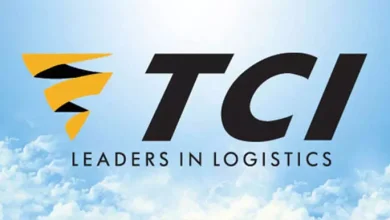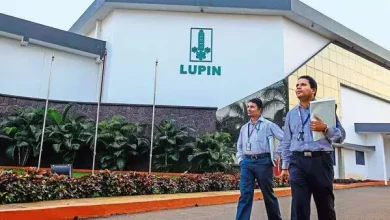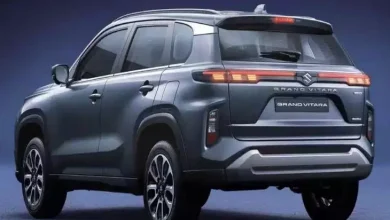Centre refutes reports of negative impact of 20% ethanol blending in petrol

New Delhi: The Central government has refuted media reports raising concerns about the potential negative impact of 20 per cent ethanol blending (E20) in petrol, especially on older vehicles and customer experience.
“However, these concerns are largely unfounded and lack scientific evidence or expert analysis,” the Petroleum Ministry said in a statement. It further said that the claims of ethanol blending in petrol causing damage to vehicles or unnecessary inconvenience to consumers are not based on ‘real facts’ and lack technical basis.
An international study on the impact of the use of ethanol-petrol blends on mechanical, energy and environmental performance of vehicles through testing every 10,000 km during the first 1,00,000 km of carburetted and fuel-injected vehicles did not statistically show any difference in power and torque generation and fuel consumption.
The ministry said in an ex-post, “Material compatibility and driveability tests by Automotive Research Association of India (ARAI), Indian Institute of Petroleum (IIP) and Indian Oil Corporation (R&D) confirmed that no significant changes, performance issues or abnormal wear were observed even in older vehicles when run on E20. Further, E20 fuel passed hot and cold startability tests without any damage to the engine.”
On fuel efficiency, the ministry said ethanol, being lower in energy density than petrol, causes a marginal reduction in mileage. The ministry emphasised, “This marginal drop in efficiency can be further mitigated by improved engine tuning and use of E20-compliant materials, which have already been adopted by major automobile manufacturers. In fact, the Society of Indian Automobile Manufacturers (SIAM) has confirmed that E20-compliant vehicles with upgraded components are expected to hit the market from April 2023. Thus, the allegation that E20 leads to a drastic drop in fuel efficiency is factually incorrect.”
The safety standards for E20 (corrosion inhibitors and compatible fuel system materials) are well established through BIS specifications and automotive industry standards. In some older vehicles, replacement of certain rubber parts/gaskets may be advisable after a long usage of 20,000 to 30,000 km.
The ministry said the replacement is inexpensive and can be easily done during regular servicing of the vehicle. Ethanol has an octane number of 108.5, which is higher than petrol’s octane number of 84.4, which means that the octane number of ethanol-petrol blend is higher than conventional petrol.
Therefore, the ministry further said that the use of ethanol has become a partial substitute to provide high-octane fuel (95) required for modern high-compression ratio engines, which provide better ride quality.
The ministry further said, “E20 blend significantly strengthens India’s energy security by reducing dependence on crude oil imports. In fact, India has saved foreign exchange of over Rs 1.40 lakh crore through alternatives to petrol since 2014-15. Ethanol blending boosts the rural economy, leading to prompt payouts of over Rs 1.20 lakh crore to farmers, generating income and employment opportunities in the agriculture and biofuel sectors.”





